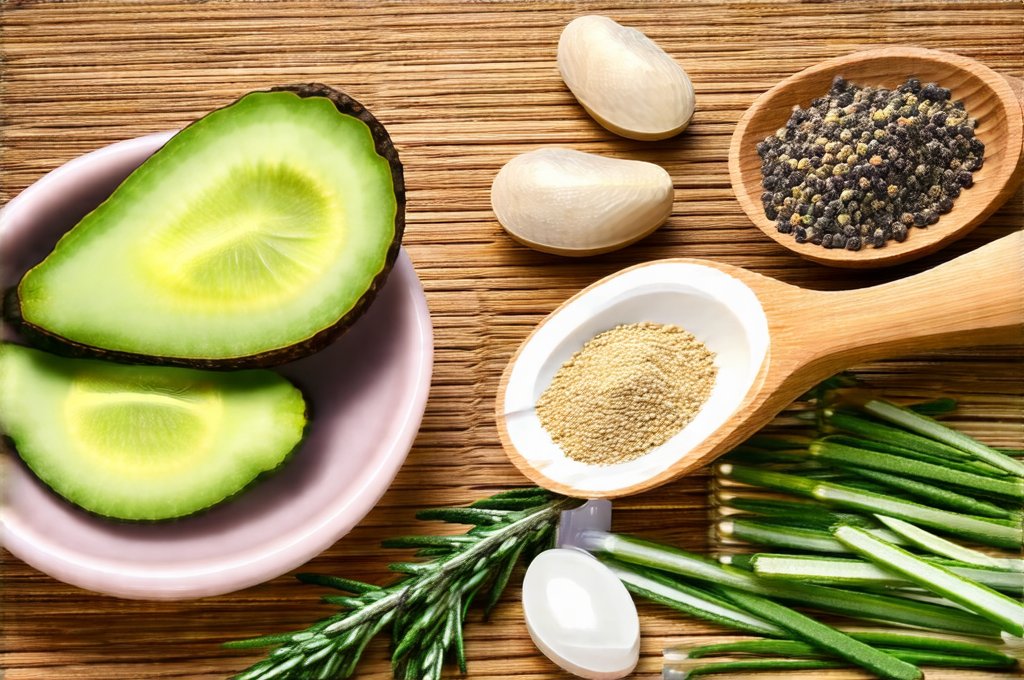Bladder discomfort is an incredibly common issue, affecting people of all ages and backgrounds. It can range from mild annoyance to debilitating pain, significantly impacting daily life. Many factors contribute to bladder issues – everything from dietary choices and hydration levels to underlying medical conditions and stress. While a visit to a healthcare professional is always recommended for persistent or severe symptoms, there are several natural remedies that many find helpful in managing minor discomfort and promoting overall bladder health. These aren’t quick fixes, but rather lifestyle adjustments and supportive therapies that can make a real difference when integrated into a holistic approach to well-being.
This article will explore seven of the most effective natural remedies for relieving bladder discomfort. We’ll delve into how each remedy works, providing practical tips on implementation, and highlighting potential benefits. It’s important to remember that everyone responds differently to these methods; what works wonders for one person might not have the same effect on another. This information is intended for general knowledge and informational purposes only, and does not constitute medical advice. Always consult with a qualified healthcare provider for any health concerns or before making any decisions related to your health or treatment.
Dietary Adjustments & Hydration
Perhaps the most impactful change you can make for bladder health comes through dietary adjustments and proper hydration. Certain foods and beverages are known irritants, exacerbating bladder discomfort, while others can be incredibly soothing. The goal isn’t necessarily elimination (though that may be necessary for some), but mindful consumption and balance. Staying adequately hydrated is also crucial – a well-hydrated bladder functions more efficiently and helps flush out potential irritants.
Specifically, limiting intake of caffeine, alcohol, spicy foods, artificial sweeteners, citrus fruits, and tomato-based products can significantly reduce irritation. These substances are often cited as triggers for overactive bladders or interstitial cystitis symptoms. Instead, focus on incorporating bladder-friendly foods like blueberries (rich in antioxidants), cucumbers (hydrating), and pumpkin seeds (contain compounds that support prostate health – benefiting men’s bladder function). Drinking 6-8 glasses of water daily is generally recommended, but adjust based on your activity level and climate. Sip water throughout the day rather than gulping large amounts at once, which can overwhelm the bladder.
Hydration isn’t just about how much you drink; it’s also about what you drink. Herbal teas like chamomile (soothing) and dandelion (mild diuretic – use cautiously and consult a healthcare professional) can be beneficial additions to your hydration routine. Avoid sugary drinks, which can contribute to inflammation and worsen bladder issues. Paying attention to how different foods affect your body is key – keep a food diary to identify personal triggers and adjust your diet accordingly. Understanding natural bladder irritants can help you make informed choices.
Herbal Remedies for Bladder Support
Herbal remedies have been used for centuries to address various health concerns, including bladder discomfort. Several herbs possess properties that can soothe inflammation, reduce spasms, and support overall urinary tract function. However, it’s crucial to remember that herbal remedies aren’t a substitute for medical treatment and should be used with caution and under the guidance of a healthcare professional – particularly if you are taking other medications or have underlying health conditions.
- Cornsilk: Derived from corn tassels, cornsilk acts as a gentle diuretic and has anti-inflammatory properties. It can help soothe irritated bladder tissues and promote urine flow. It’s often available in tea form or capsule supplements.
- Buchu Leaves: Traditionally used to treat urinary tract infections and bladder inflammation, buchu leaves have antiseptic and diuretic qualities. However, prolonged use isn’t recommended due to potential kidney toxicity. Consult with a healthcare professional before using buchu leaf products.
- Parsley: A common kitchen herb, parsley acts as a mild diuretic and can help flush the urinary system. Its antioxidant properties also contribute to overall bladder health.
It’s important to source high-quality herbal supplements from reputable brands to ensure purity and potency. Always follow dosage instructions carefully and be aware of potential side effects or interactions with other medications. Herbal remedies are often most effective when combined with other lifestyle adjustments, such as dietary changes and increased hydration. Consider exploring natural oils for additional support.
Pelvic Floor Exercises (Kegels)
A strong pelvic floor is essential for bladder control and overall urinary health. The pelvic floor muscles support the bladder, urethra, and other pelvic organs. When these muscles become weak or damaged—often due to pregnancy, childbirth, aging, or chronic straining—it can lead to urinary incontinence, urgency, and discomfort. Pelvic floor exercises, commonly known as Kegels, help strengthen these muscles, improving bladder function and reducing symptoms.
Performing Kegel exercises is relatively simple:
1. Identify the pelvic floor muscles – you should feel a sensation of lifting and tightening in the area between your legs.
2. Contract these muscles for 3-5 seconds, then relax for the same amount of time.
3. Repeat this exercise 10-15 times, several times a day.
Consistency is key when it comes to Kegel exercises. It may take weeks or months to notice significant improvement, but regular practice will yield results. Avoid performing Kegels while urinating, as this can actually weaken the muscles over time. A physical therapist specializing in pelvic floor health can provide personalized guidance and ensure you’re performing the exercises correctly.
Stress Management Techniques
Stress and anxiety can significantly impact bladder function. When stressed, the body releases hormones that can cause the bladder to become more sensitive and reactive, leading to increased urgency and frequency. Chronic stress can also weaken the immune system, making individuals more susceptible to urinary tract infections. Therefore, incorporating effective stress management techniques into your daily routine is crucial for maintaining bladder health.
Techniques like deep breathing exercises, meditation, yoga, and mindfulness can help calm the nervous system and reduce stress levels. Regular exercise—even moderate activity—also releases endorphins, which have mood-boosting effects. Prioritizing self-care activities, such as spending time in nature, pursuing hobbies, or connecting with loved ones, can also contribute to overall well-being and reduce stress. If you’re struggling to manage stress on your own, consider seeking support from a therapist or counselor. Remember that taking care of your mental health is just as important as taking care of your physical health – they are interconnected and both play a vital role in bladder function and overall wellness. Understanding bladder pain triggers can also help you proactively manage discomfort.





















